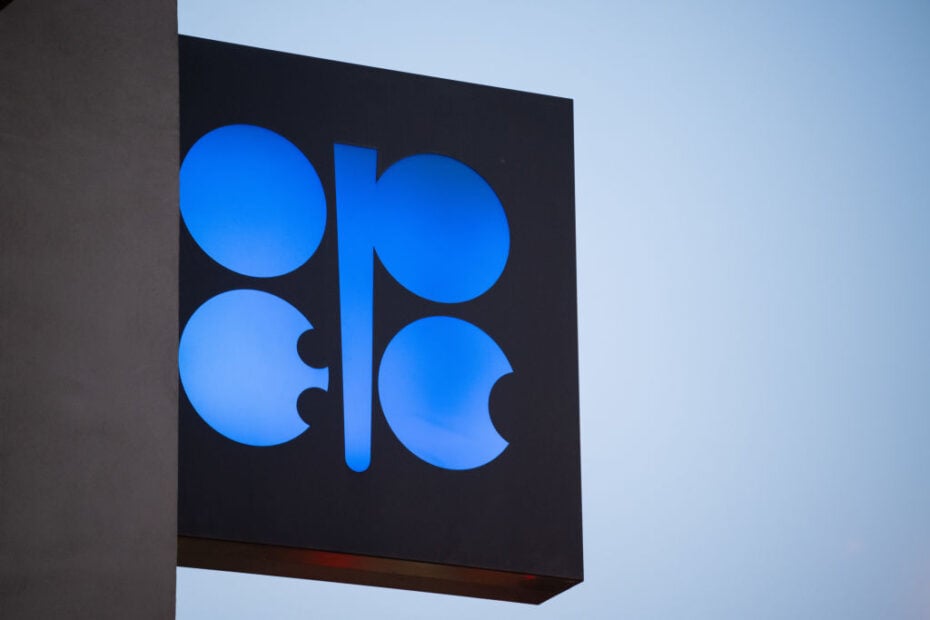




In a significant development for the agricultural sector, olive production in Spain is projected to double, reaching between 1.4 and 1.7 million tons by October 2024. This surge in production is expected to lead to a dramatic decrease in olive oil prices, potentially dropping from around 12 euros per litre to approximately five euros per litre [4477e25b].
The anticipated increase in production coincides with the new season, and positive climate conditions, particularly beneficial rains during Holy Week and April, have contributed to these optimistic forecasts. Manuela Roque, president of the Cooperative of San Sebastian de Guadalcanal, has voiced concerns regarding the implications of such a price drop for producers, highlighting the artisanal nature of olive oil production and the potential for significant losses if prices fall too low [4477e25b].
Adding to the complexities of the olive market, the European Union is seeking €32 million in retaliation against US tariffs imposed on Spanish olives since 2018. The US had claimed that subsidies from the Common Agricultural Policy (CAP) unfairly benefited Spanish producers, leading to this trade dispute. On November 15, 2024, the EU delegation to the World Trade Organization (WTO) submitted a request to the Dispute Settlement Body (DSB), noting the absence of mutually acceptable compensation between the parties [e40a72c5].
This situation unfolds against a backdrop of broader economic challenges, including fluctuating oil prices and global market uncertainties. While OPEC+ is grappling with decisions on oil output amidst a declining price environment, the agricultural sector in Spain is experiencing its own set of dynamics with the olive oil market [b704e40d].
Moreover, the EU's exposure to US tariffs extends beyond direct effects on exporting companies, impacting the entire economy and global value chains. An analysis using OECD's international input-output tables reveals that Spain exported $1.3 billion in automotive goods to the US in 2019, with significant value added in various sectors. The ultimate exposure for Spain's automotive sector was around $500 million, indicating a broader vulnerability to US tariff hikes [2e8174e5].
As the olive oil market braces for these changes, stakeholders are closely monitoring both production levels and pricing trends to navigate the potential impacts on the economy and local producers [32d3b8ec].